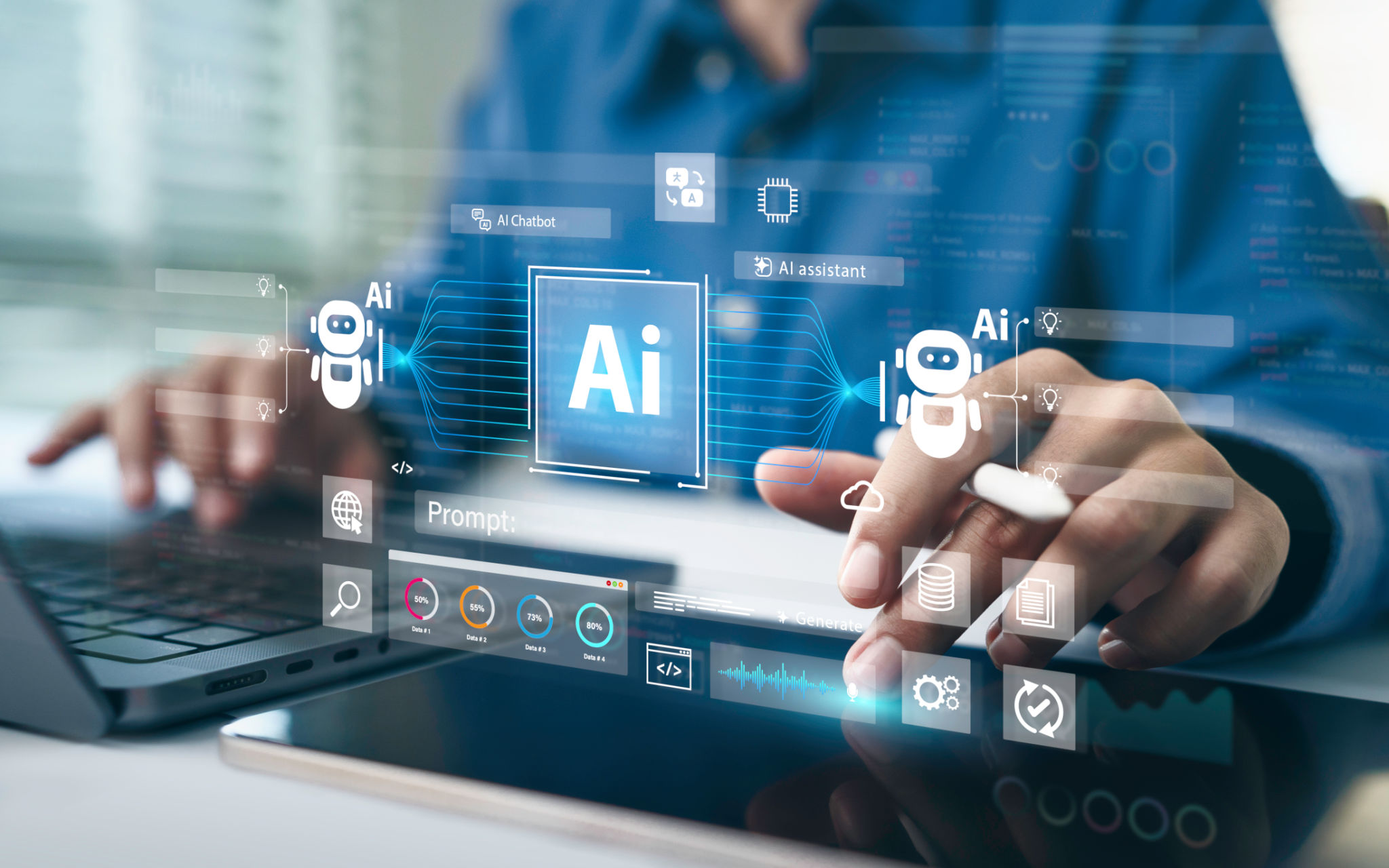Debunking Myths About AI Tools: What You Need to Know
Understanding AI Tools
The advent of artificial intelligence has transformed the way businesses and individuals operate, offering a plethora of tools to enhance productivity, creativity, and efficiency. However, with the rise of AI, several myths have emerged, leading to misconceptions about its capabilities and limitations. In this blog post, we aim to debunk some of these myths and provide a clearer understanding of what AI tools can truly offer.

Myth 1: AI Tools Are Only for Tech Experts
One common misconception is that AI tools are designed solely for those with a deep understanding of technology. This is far from the truth. Today, AI tools are developed with user-friendly interfaces, making them accessible to individuals across various fields. From educators to marketers, anyone can leverage AI tools without needing an extensive technical background.
Many AI platforms offer tutorials and support to assist users in getting started. This democratization of technology ensures that AI benefits are not confined to a select group but are available to everyone willing to explore their potential.
Myth 2: AI Will Replace Human Jobs
The fear that AI will completely replace human jobs is a prevalent myth that causes unnecessary anxiety. While AI can automate repetitive and mundane tasks, it is not poised to take over all job functions. Instead, AI tools are designed to assist and augment human capabilities.

By handling routine tasks, AI allows humans to focus on more strategic and creative aspects of their work. This collaboration can lead to increased productivity and innovation within organizations. Rather than replacing jobs, AI is creating new opportunities for skill development and job roles.
Myth 3: AI Tools Are Infallible
Another myth is the belief in the infallibility of AI tools. It's important to understand that AI systems are not perfect and can make mistakes. These tools are trained on data, and their effectiveness heavily relies on the quality of the data they are fed. If the data is biased or incomplete, the results produced by AI can be flawed.
To mitigate such issues, continuous monitoring and human oversight are crucial. Ensuring that AI tools are used responsibly and ethically is important to maximize their benefits while minimizing potential risks.

Myth 4: AI Tools Lack Creativity
A common belief is that AI lacks the ability to be creative. However, AI tools have made significant strides in fields requiring creativity, such as art, music, and content creation. By analyzing patterns and data, AI can generate unique ideas and assist in the creative process.
For instance, AI-powered design tools can help artists by suggesting color palettes or design layouts. In writing, AI can assist with brainstorming ideas or refining drafts, proving that these tools can indeed contribute creatively when used effectively.
The Future of AI Tools
As technology continues to evolve, so will the capabilities of AI tools. It's essential to approach these developments with an open mind and a willingness to adapt. By debunking myths and understanding the true potential of AI, individuals and businesses can harness these tools effectively.
Embracing AI tools means recognizing their role as partners rather than replacements. By doing so, we can unlock new possibilities and drive progress across various industries.